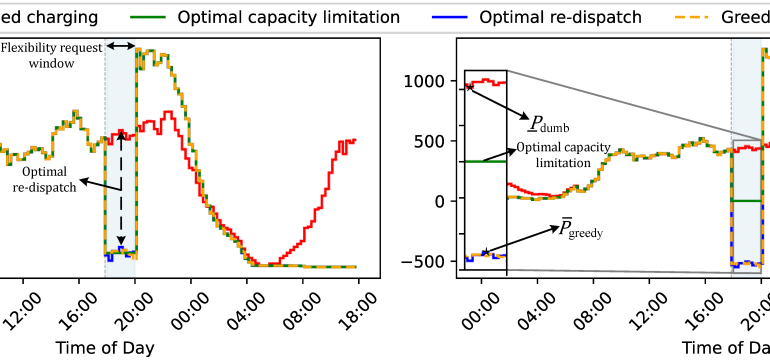Authors: Nanda Kishor Panda, Simon H. Tindemans
Published on: March 20, 2024
Impact Score: 8.2
Arxiv code: Arxiv:2403.13367
Summary
- What is new: This research introduces a novel data-driven model to assess the ability of electric vehicle (EV) charging stations to provide grid services, differentiating by station type and employing machine learning to account for uncertainties.
- Why this is important: The rapid growth of EVs poses challenges for grid stability due to the increased demand for electricity, requiring effective congestion management strategies.
- What the research proposes: A data-driven approach combined with machine learning models to predict the probability of different types of charging stations being able to offer congestion management services.
- Results: Residential charging stations have a high potential to support grid services during peak times, but the limited size of shared EV fleets constrains their current effectiveness.
Technical Details
Technological frameworks used: nan
Models used: Machine learning models for prediction
Data used: Over 500,000 real EV charging transactions in the Netherlands
Potential Impact
This research impacts the energy sector, particularly utility companies and EV charging operators, by offering insights into optimizing grid congestion management and potentially shaping regulatory policies.
Want to implement this idea in a business?
We have generated a startup concept here: FlexiCharge Grid.



Leave a Reply